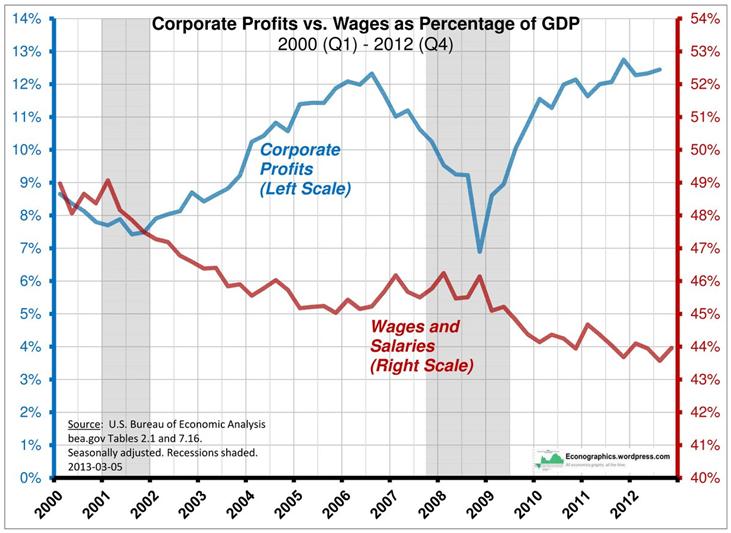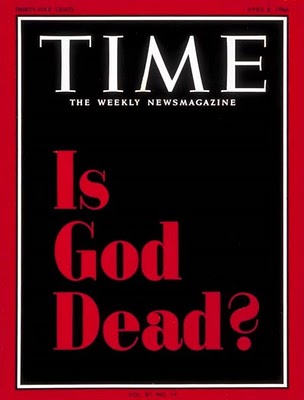God does nothing that is secular.
The son of God is never not-spiritual, his work becomes a revelation of his spirituality – of the nature of righteousness he harbors and the quality of judgments he has received and practiced.
These two arbiters – the state of standing with the Father of all Spirits (righteousness) and the character of our spirits (judgments) are revealed in work.
Work is the summation of human interaction with the material environment to advance the dominion mandate of the human race over creation.
That this spiritual entity called man is bound in materiality is the mystery – it is as if God has bound his destiny with the destiny of the material universe to which he has been placed; hence, he can feel pain, limitations, hunger, illness, the joy, and sadness occasioned by his mortality.
The dominion mandate in him rails against these limitations and dictates that he masters this universe; but he can do so with or without acknowledging the source of his power.
In Psalms 72, David wrote “give the King your judgments, o God, and your righteousness to the King’s son” and of the implication of this – “he will judge your people in righteousness and the poor with justice… he shall come down like rain on the mown grass and like showers that water the land… he will break the oppressor in pieces… in his days, the righteous shall flourish… the kings of Tarshish shall bring presents…”
We can see the range of the influence of the anointed man of God in the workplace.
When we deliver these executive expressions properly, the results are outstanding; but remember, it is always at the instance of the judgments of God we’ve received and practiced and of His righteousness (a positional authority).
This is the basis for the great life of men like David and Daniel; they engaged their work from a place of righteousness with God – hence nothing was impossible with them. They also did so from a place of received judgments, hence, they acted with the mind of God. The manifestation of these judgments are in levels and confer different graces – the more aligned this man is, the more grace he can wield.
This criterion is also reiterated in Romans 5:17 – “…we who have received the abundance of Grace, and the gift of righteousness shall reign in life.”
So, in summary, there are things to receive and cultivate – God’s righteousness and His judgments, and when received must be fully deployed – to bless the poor, bless the earth and to destroy the oppressor; the submission of the earth to this man and the presents/gold of kings is a by-product of this engagement and not the pursuit.












